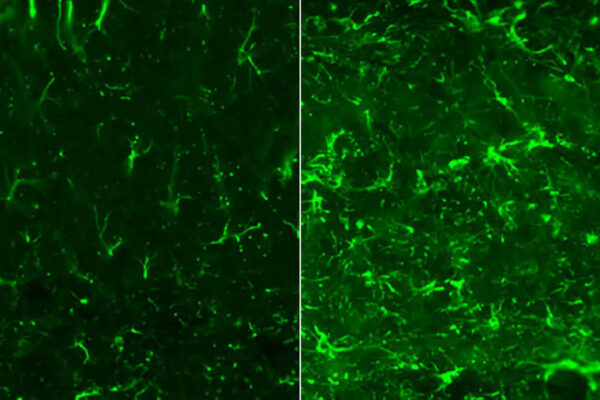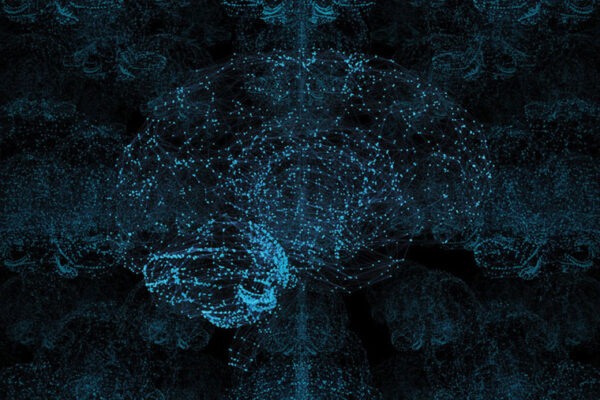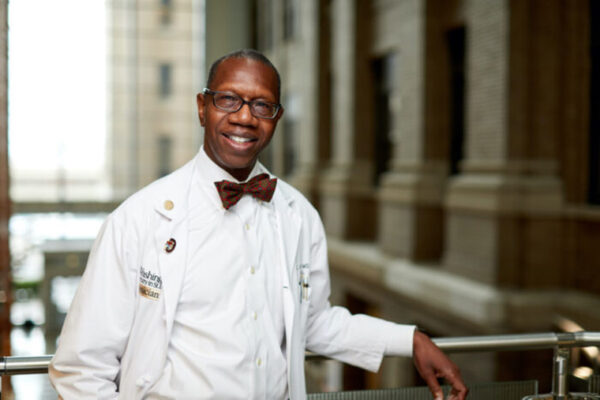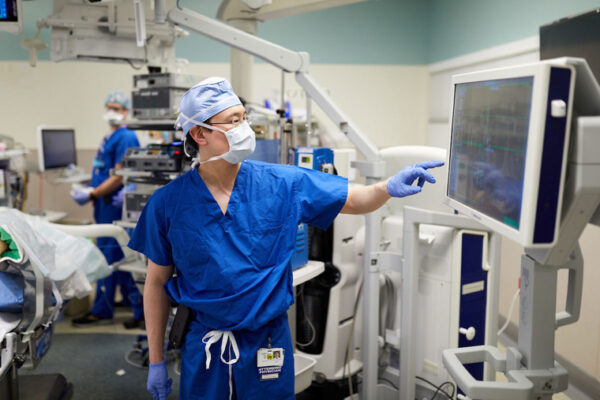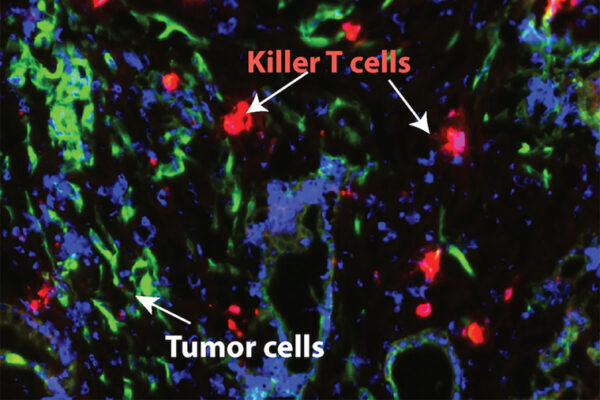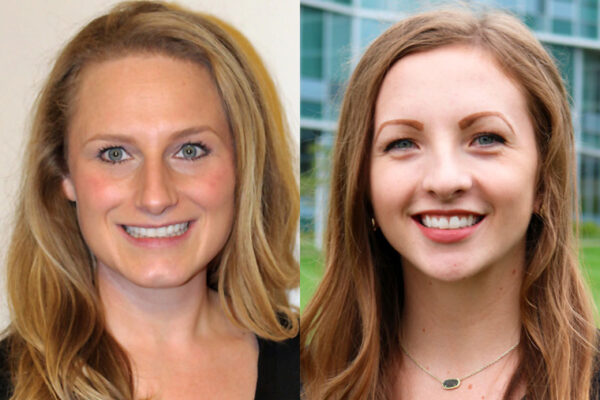New strategy reduces brain damage in Alzheimer’s and related disorders, in mice
Researchers at Washington University School of Medicine have discovered that targeting astrocytes reduces tau-related brain damage and inflammation in mice, a finding that could lead to better therapies for Alzheimer’s and related tauopathies.
For accuracy, brain studies of complex behavior require thousands of people
Scientists rely on brainwide association studies to measure brain structure and function — using brain scans — and link them to mental illness and other complex behaviors. But a study by researchers at Washington University School of Medicine in St. Louis and the University of Minnesota shows that most published brainwide association studies are performed with too few participants to yield reliable findings.
In U.S., alcohol use disorder linked to 232 million missed workdays annually
Researchers at Washington University School of Medicine have found that people with severe alcohol use disorder miss more than double the number of workdays missed by individuals without alcohol use disorder.
Researchers win ALS grant
Aaron DiAntonio, Joseph Bloom and Jeffrey Milbrandt, all at the School of Medicine, received a two-year $300,000 grant from the ALS Finding a Cure and the Leandro P. Rizzuto Foundation.
Ross elected fellow of medical education society
Will Ross, MD, the Alumni Endowed Professor of Medicine and associate dean for diversity at the School of Medicine, has been elected to the Society of Academic Continuing Medical Education’s (SACME) Academy of Fellows.
Postdoc Sengupta wins research excellence award
Mohini Sengupta, a postdoctoral researcher at the School of Medicine, received third place in the 2021 Mightex Research Excellence Awards.
Kim named inaugural Danforth WashU Physician-Scientist Scholar
Albert H. Kim, MD, PhD, a professor of neurosurgery, has been named the inaugural William H. Danforth Washington University Physician Scholar. The School of Medicine’s new Physician-Scientist Investigators Initiative aims to attract the most talented physician-scientists.
Novel treatment makes pancreatic cancer susceptible to immunotherapy, mouse study shows
New research from Washington University School of Medicine shows that blocking a major inflammatory pathway in pancreatic cancer makes the tumors sensitive to chemotherapy and a type of immunotherapy that helps the immune system’s T cells to attack cancer cells.
Antes, McIntosh to advance researcher management practices
Alison Antes and Tristan McIntosh at the School of Medicine received a $2.1 million National Institutes of Health (NIH) grant to support a project to advance early-career researcher excellence through leadership and management practices.
Cohen to study gene expression
Barak A. Cohen, at the School of Medicine, received a four-year $1.28 million grant from the National Institutes of General Medical Sciences of the National Institutes of Health (NIH) to study gene expression.
View More Stories
